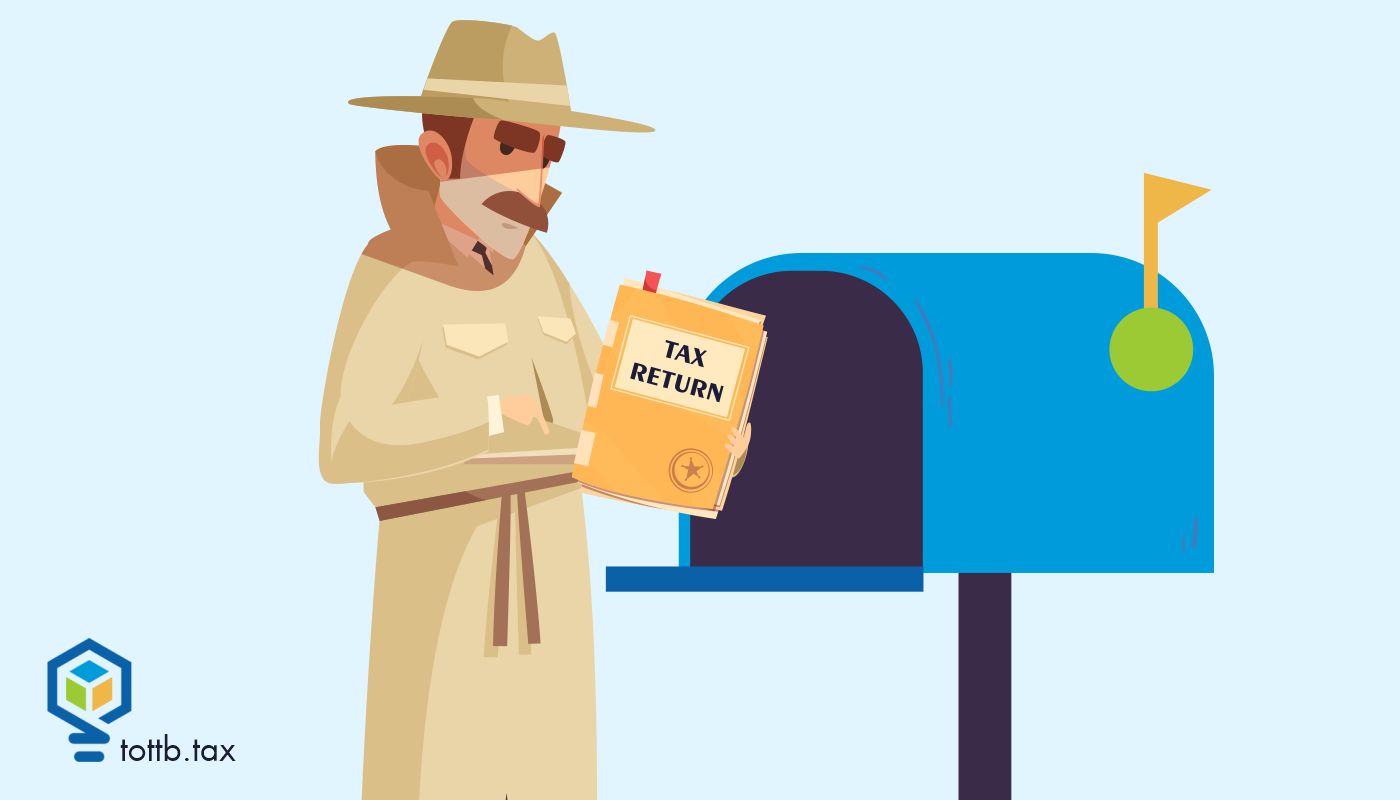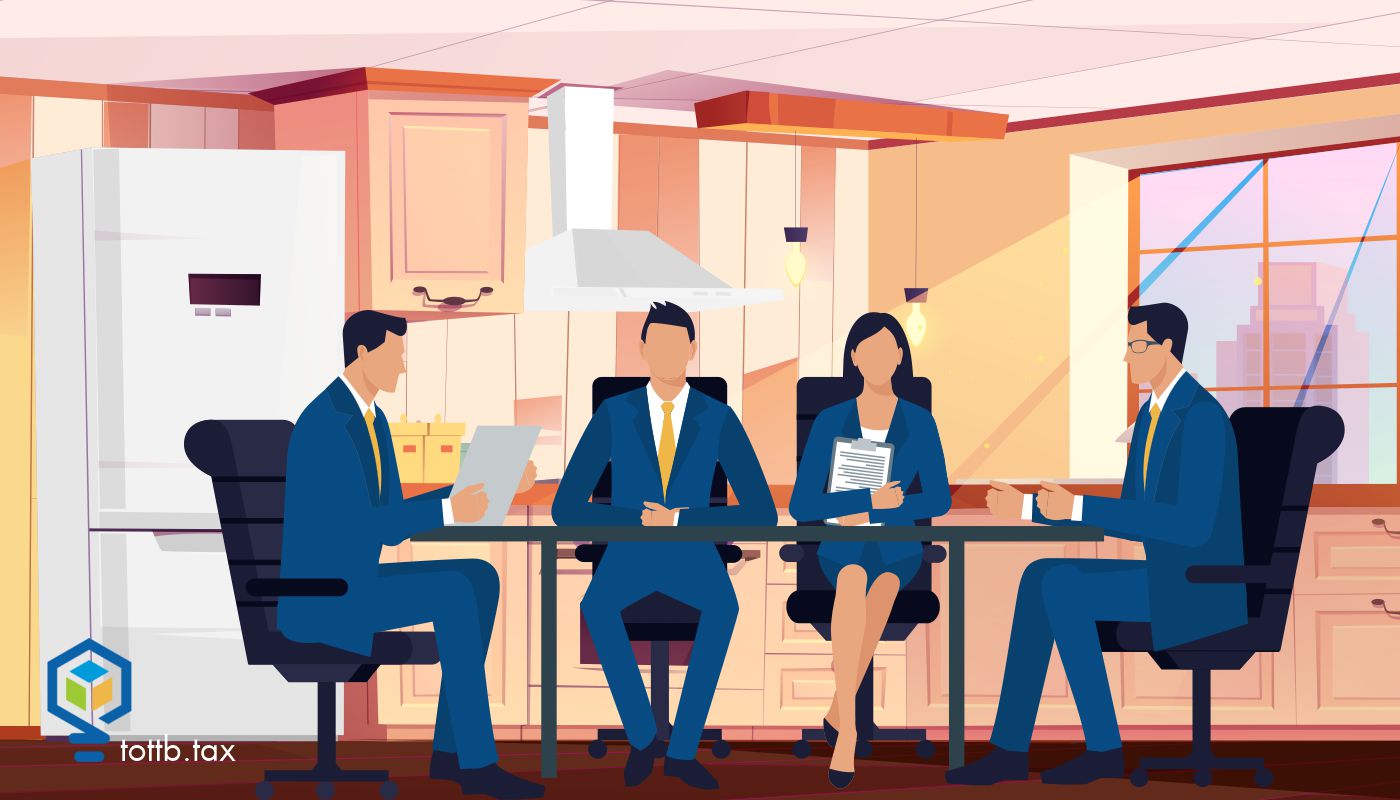Which home upgrades could qualify for the new Inflation Reduction Act tax rebates?
President Biden’s climate change initiatives offer homeowners up to $14,000 in rebates for qualifying purchases focused on energy-efficiency. The rebates come through two separate programs: the HOMES Rebate Program and the High-Efficiency Electric Home Rebate Act (HEEHRA).
The HOMES Rebate Program subsidizes changes that reduce a home’s energy usage by at least 35%. This could include installing solar panels, new windows, heat pumps, or new electric appliances like stoves and dryers. These retrofits must occur after the Inflation Reduction Act became law on August 16, 2022, and they must be completed before September 30, 2031. Taxpayers can receive up to $4,000 in rebates or up to $8,000 if their household is considered low- or middle-income.
The High-Efficiency Electric Home Rebate Act provides rebates to low- and middle-income families for energy-friendly purchases. This could include a heat pump water heater; heat pump for space heating and cooling; electric stoves, cooktops, ranges, ovens, and clothes dryers; an electric load service center upgrade; insulation, air sealing, and ventilation; and electric wiring. To qualify for HEEHRA, taxpayers must make 150% or less of the median income in their region (as determined by the Department of Housing and Urban Development). Low-income homeowners can get up to 100% of their purchases covered while middle-income consumers can get up to 50% covered.
Taxpayers should note that they cannot receive two rebates for the same upgrade—they will have to select either the HOMES Rebate or the HEEHRA rebate if a purchase qualifies for both.
What happens if you missed the September 15th deadline for quarterly tax payments?
Taxpayers who earn income from self-employment, small businesses, investments, and gig work must make payments to the IRS four times per year. On a federal level, the deadlines for these quarterly payments are March 15th, June 15th, September 15th, and December 15th. Some taxpayers will also have state-level payments due.
Those who miss the deadline will incur a penalty of 0.5% of their balance due for each month after the deadline. Though the penalty is capped at no more than 25% of that balance, this can still result in a hefty sum that would otherwise be sitting in the taxpayer’s bank account. To stay on top of these payments, set aside either 90% of this year’s taxes or 100% of last year’s bill, whichever is less. If your adjusted gross income exceeds $150,000, set aside 110% of last year’s bill.
Quarterly tax payments can be made through IRS Direct Pay. For other payment options, visit the IRS payments website.





